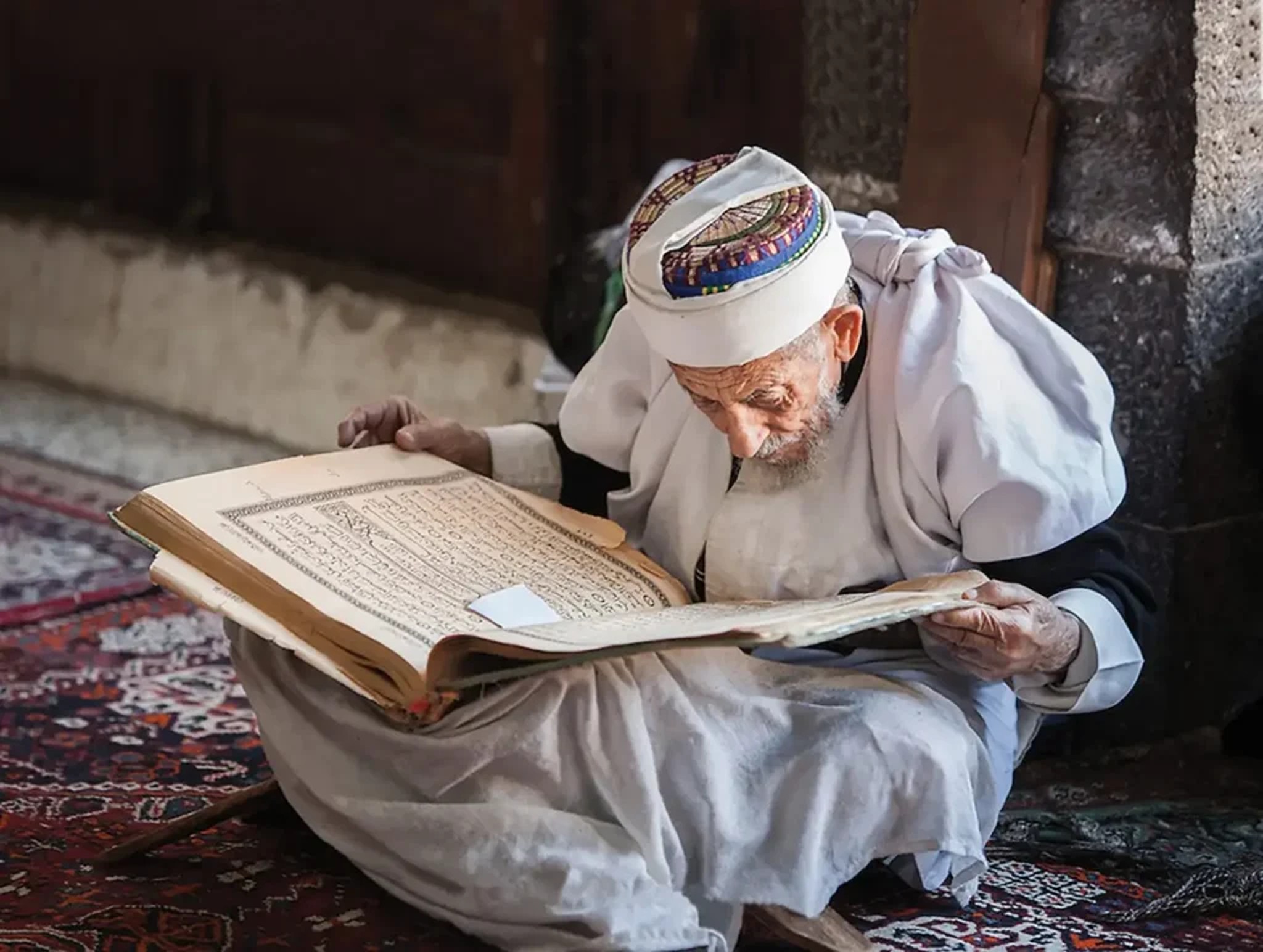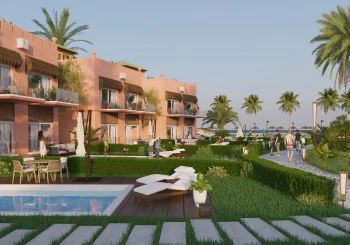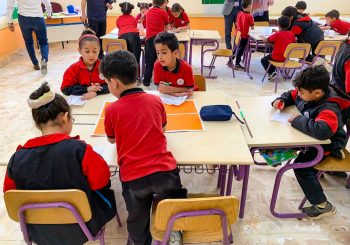Differently-abled people make up 16 percent of the global population, with approximately 1.3 billion individuals living with substantial disabilities, according to the World Health Organization (WHO).
In Egypt alone, this figure includes around 12 million people, constituting 8.8 percent of the population, the United Nations Development Programme (UNDP) reported.
In Article 2 of Law No. 10 of 2018, a person with a disability is defined as “any individual with a total or partial impairment—be it physical, mental, intellectual, or sensory—that is stable and inhibits their ability to participate fully and effectively in society on an equal footing with others when confronted with various barriers.”
Under the same law, disabilities eligible for legal benefits are categorized as physical, visual, and hearing impairments, along with intellectual disabilities and communication disorders. Categorized disabilities also include attention deficit hyperactivity disorder (ADHD), specific learning disabilities, psychological and emotional disorders, multiple disabilities, deaf-blindness, and chronic health conditions such as blood disorders and heart diseases.
Seventy-four percent of differently-abled Egyptians have intellectual disabilities, 15 percent have physical disabilities, seven percent experience visual impairments, and four percent face hearing impairments, according to a 2018 report by the American University in Cairo (AUC). The report also notes that data on disability rates in Egypt may not be entirely accurate as many Egyptians are hesitant to report their disabilities to avoid social stigma.
The rights of the differently-abled in Egypt
Article 81 of 2014’s law guarantees the health, economic, social, cultural, entertainment, sporting, and educational rights of differently-abled people, a commitment that is further emphasized by various articles in the constitution.
Essential principles from international disability rights conventions are incorporated into the law, mandating non-discrimination based on disability and ensuring equal access to human rights and fundamental freedoms for everyone.
Egyptian law also highlights the importance of creating inclusive environments that respect the diversity of the differently-abled and acknowledge their integral role in society.
It also stresses the need to respect the evolving abilities of children with disabilities, ensuring their right to freely express their opinions.
The Struggle of the Differently-abled
Disability has often been considered a source of shame, and families have been often ostracized for having a disabled member, the 2002 study “Special Needs People in Egypt” reported. The marginalization of people with disabilities has been pervasive, not just in Egypt but across much of the Arab world, leaving them neglected by their communities.
The term “disability” itself is often stigmatized, particularly when referring to mental or psychological conditions. The 2014 annual report by the United Nations Economic and Social Commission for Asia and the Pacific (UNESCAP) notes that disability is frequently perceived as applying only to the most severe limitations, exacerbating the discrimination faced by those with less visible or understood conditions.
This discrimination can restrict individuals’ access to opportunities and resources, creating barriers and taking a toll on their mental health and overall well-being, according to a 2024 paper on historical perspectives on disability in Egypt.
Restricted access extends to education and employment, as many schools and universities lack the necessary resources and accommodations to support students with disabilities. Additionally, numerous employers are hesitant to hire individuals with disabilities.
These barriers affect the differently-abled, especially when it comes to their socioeconomic status. The 2018 Egyptian Labor Market Panel Survey reported that among the poorest 20 percent of the population, 18.1 percent live with disabilities, compared to 14.8 percent to 15.7 percent in higher income brackets.
The stark link between poverty and disability in Egypt exacerbates the struggles faced by the differently-abled, further highlighting their marginalization.
Dignified life for the disabled
As the differently abled continue to navigate many struggles, Egypt has been working on enhancing its support for people with disabilities in the last couple of years, according to Egypt’s State Information Services.
The Egyptian Museum in Cairo, for example, has enhanced accessibility with new wheelchairs, ramps, elevators, and specially designed restrooms for visitors with disabilities. It has also introduced a dedicated tour route for the visually impaired, featuring Braille signs. Additionally, Ramadan TV series were featured in sign language on TV channels of the United Media Services Group, a major MENA media conglomerate with over 30 subsidiaries, and on the streaming service platform, ‘Watch It’, starting this year.
Launched in 2015, Egypt’s “Karama” program, meaning “dignity”, seeks to offer unconditional financial support to the most vulnerable, including individuals with severe disabilities, and meet the fundamental needs of the disabled.
In 2019, President Abdel Fattah Al-Sisi issued Decree No. 11, which established the “National Council for Persons with Disabilities,” an initiative, designed to advance, enhance, and safeguard the rights of individuals with disabilities, reflecting a broader commitment to inclusivity and protection within the country.
While stigma and limited accessibility to education and employment continue to pose significant barriers for millions of differently-abled individuals, as reported by the 2024 paper, Egypt continues its efforts to support the differently abled.







Comments (0)